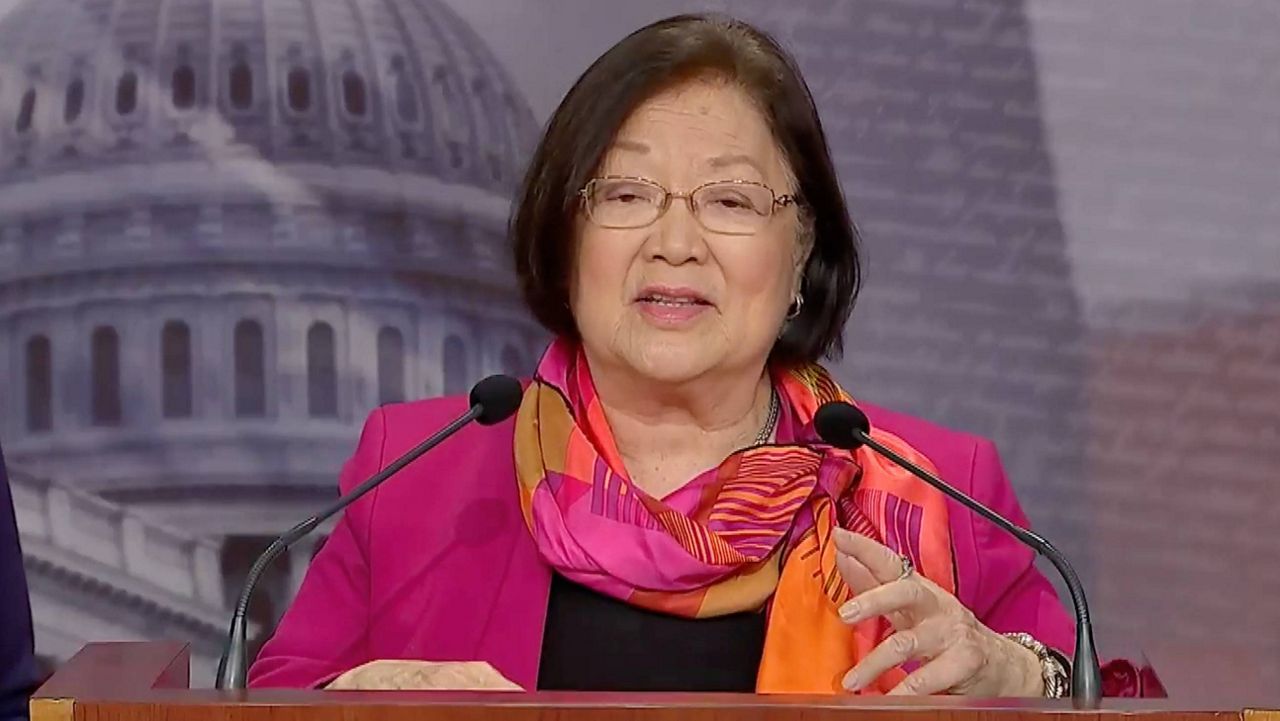Sen. Mazie Hirono and Rep. Judy Chu Introduce Key Mental Health Legislation for AANHPI Communities
U.S. Senator Mazie Hirono from Hawaii, along with U.S. Representative Judy Chu from California, is leading a significant initiative aimed at improving mental health care access and awareness specifically for Asian American, Native Hawaiian, and Pacific Islander (AANHPI) communities. This legislative effort coincides with both AANHPI Heritage Month and Mental Health Awareness Month, highlighting the urgent need for culturally appropriate mental health resources.
Recognizing May 10 as AANHPI Mental Health Day
Central to this initiative is the introduction of a resolution recognizing May 10 as Asian American Native Hawaiian and Pacific Islander Mental Health Day. This symbolic gesture underscores the importance of mental well-being for AANHPI individuals and families. It acknowledges the community’s unique challenges in accessing mental health services, including economic, cultural, and language barriers that can hinder individuals from seeking help.
Hirono expressed her support for this resolution, stating, “Every person deserves access to culturally and linguistically appropriate mental health care,” emphasizing the commitment to breaking down obstacles faced by these communities.
The Statistics Behind the Need
Compelling statistics from the Substance Abuse and Mental Health Services Administration highlight a glaring disparity in mental health service utilization among AANHPIs. A staggering 65.3% of AANHPIs who meet criteria for mental health issues do not receive treatment. Moreover, AANHPIs represent the only racial or ethnic group in the age bracket of 10 to 24 for whom suicide is the leading cause of death. In Hawaii, specifically, the suicide rate exceeds the national average, with Native Hawaiians experiencing rates nearly double those of the national statistics.
The Stop Mental Health Stigma in our Communities Act
To further combat these issues, the legislators introduced the "Stop Mental Health Stigma in our Communities Act." This bill aims to direct the Substance Abuse and Mental Health Services Administration (SAMHSA) to establish a comprehensive outreach strategy that specifically addresses the needs of the AANHPI community. By partnering with established advocacy and behavioral health organizations, this measure aspires to enhance access to mental health care and to foster greater awareness within these communities.
The bill also emphasizes the need for rigorous research and the collection of disaggregated data on behavioral health among AANHPI youth. Understanding the specific challenges faced by these populations is essential for effective intervention and policy-making.
Breaking Barriers to Mental Health Care
Representative Judy Chu, a psychologist herself, pointed out the critical barriers that prevent AANHPIs from seeking mental health services. These barriers often include cultural taboos regarding mental health, a lack of culturally competent care, and insufficient research data on the unique needs of AANHPI populations. Chu remarked, “This disparity is largely driven by language barriers and a lack of access to culturally competent care,” a sentiment that resonates deeply within the community.
Initiatives to Encourage “Help-Seeking” Behavior
The resolution not only aims to raise awareness but also advocates for federal, state, and local agencies to implement policies that can improve help-seeking rates among AANHPIs. This focus is critical, as fostering an environment where individuals feel comfortable reaching out for help can lead to more lives saved and overall community well-being.
Support from a Broader Coalition
The legislative measures have garnered support from a wide range of AANHPI and mental health organizations, reflecting a collective commitment to address these issues. Pata Suyemoto, executive director of the National Asian American Pacific Islander Mental Health Association, highlighted the importance of these bills, stating, “This bill is critical as it provides necessary investments to reduce stigma within AANHPI communities.”
Suyemoto emphasized that stigma often keeps individuals from seeking the mental health services they need, and this legislation aims to improve mental health outcomes through culturally relevant services and increased research.
A Call to Action
As these initiatives move forward, they underline the importance of acknowledging and addressing the mental health needs of AANHPI communities. By recognizing the challenges and advocating for comprehensive solutions, Hirono, Chu, and their supporters seek to ensure that every AANHPI individual can access the mental health care they not only need but also deserve.


